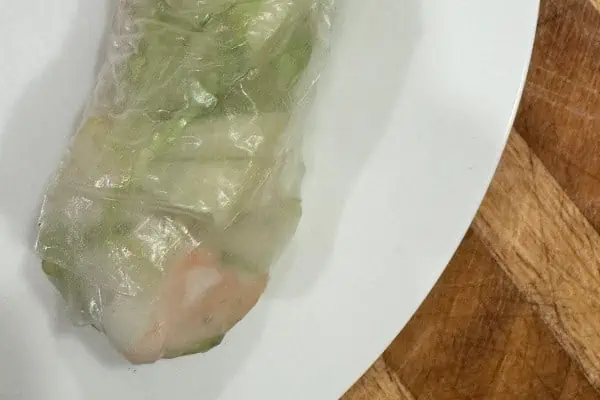Last week, I spotted a ladybug while visiting a garden in Dawson City. It was rather exciting to see a ladybug that far North and, not being a resident there, I asked whether sighting ladybugs is a frequent occurrence or rather something unusual.
No one seemed to know, but it does seem to indicate that with climate change we are moving in the direction of having more insects thrive and survive here.
It used to be that our major insect problems were aphids and cabbage loppers. You could count on the fact that aphids died out through our -40 winter, but not any more. Successive generations have learned to adapt to our conditions and as new species of insects arrive here, they, too, seem to adjust to our climate.
The most common problem insect still seems to be the aphid and I get questions on how to get rid of this pest. The easiest way is of course to introduce ladybugs which are a voracious consumer of aphids.
Organic gardeners often use homemade remedies to fight aphid infestations. The tomato leaf spray is one of the most effective. While knowing how to make and use this natural aphid repellent is important, it’s equally important to understand why they work.
Tomato plants, as members of the nightshade family, contain toxic compounds called alkaloids in their leaves. When the leaves of tomato plants are chopped, they release their alkaloids. When the alkaloids are suspended and diluted with water, they make an easy-to-use spray that is toxic to aphids, but still safe around plants and humans.
To make tomato leaf spray, soak one to two cupfuls of chopped tomato leaves in two cups of water. Let steep overnight, then strain out the leaves using cheesecloth or a fine strainer. Add another cup or two of water and fill a spray bottle with this mixture.
Spray the stems and foliage of the aphid-infested plants, paying special attention to the undersides of leaves as this is where most of the aphids hide out.
Another home remedy for an assortment of pesky pests is to simply keep a bottle of rubbing alcohol on hand in your garden shed. Simply mix ½ cup of rubbing alcohol with a litre of water and lightly mist-spray any infested plants. This is a cheap and easy way to get rid of all sorts of pests, including aphids, leafhoppers, mealybugs, spider mites and whiteflies.
When using home remedies often found in gardening magazines, be certain that it does not kill any of the beneficial insects.
Botanical insecticides, often called natural pesticides because they are made from plants, are a powerful deterrent to a large number of pests. They leave no residue and break down quickly in the environment but can harm beneficial insects as well as pests.
The tomato leaf recipe, above, won’t harm ladybugs, definitely a beneficial insect.
Anytime you see ladybugs show up in or around your greenhouse or garden, be happy that a beneficial insect is helping your garden stay free from harmful pests.




